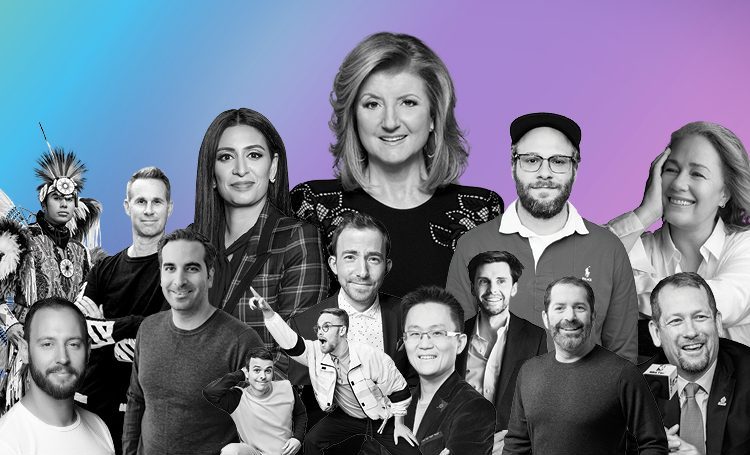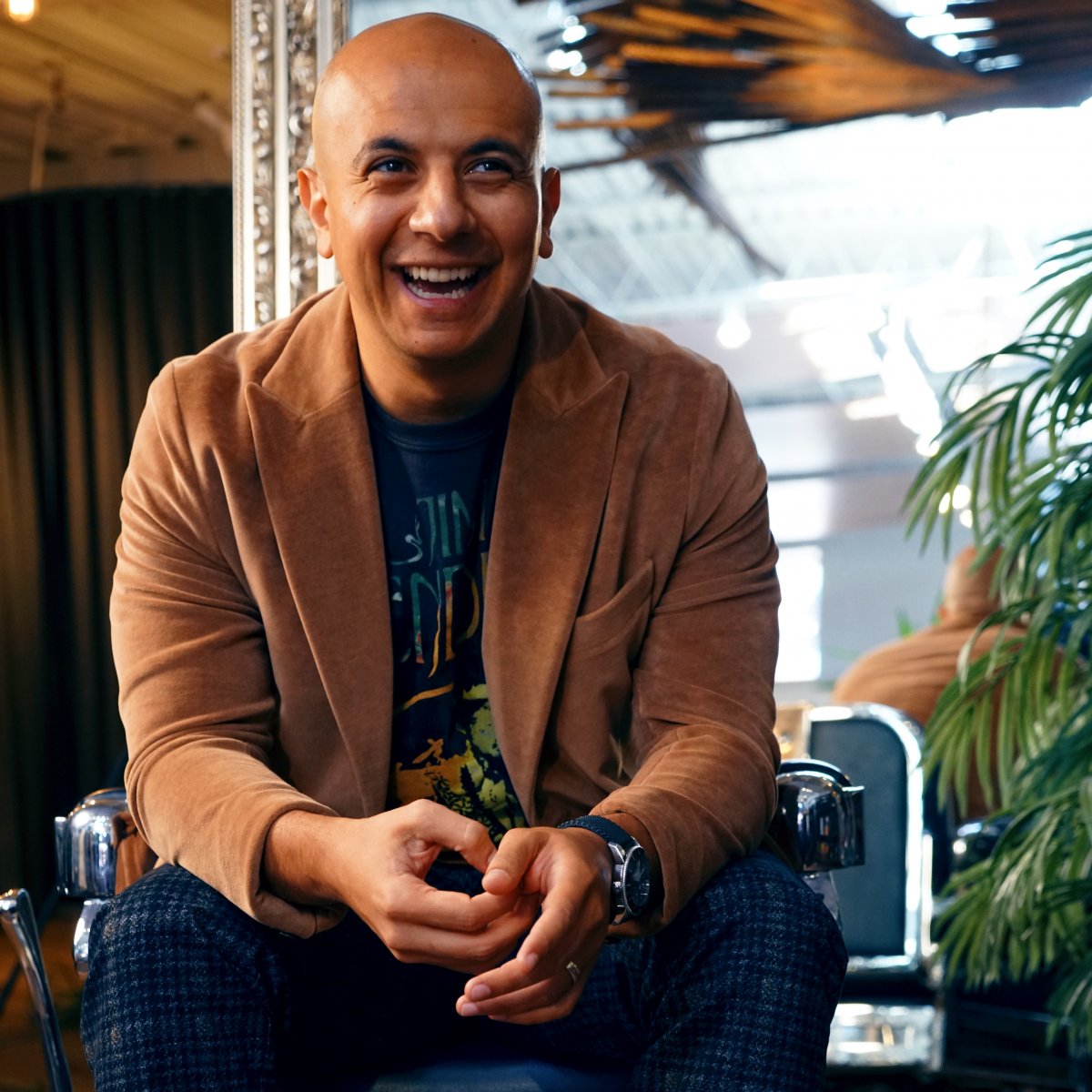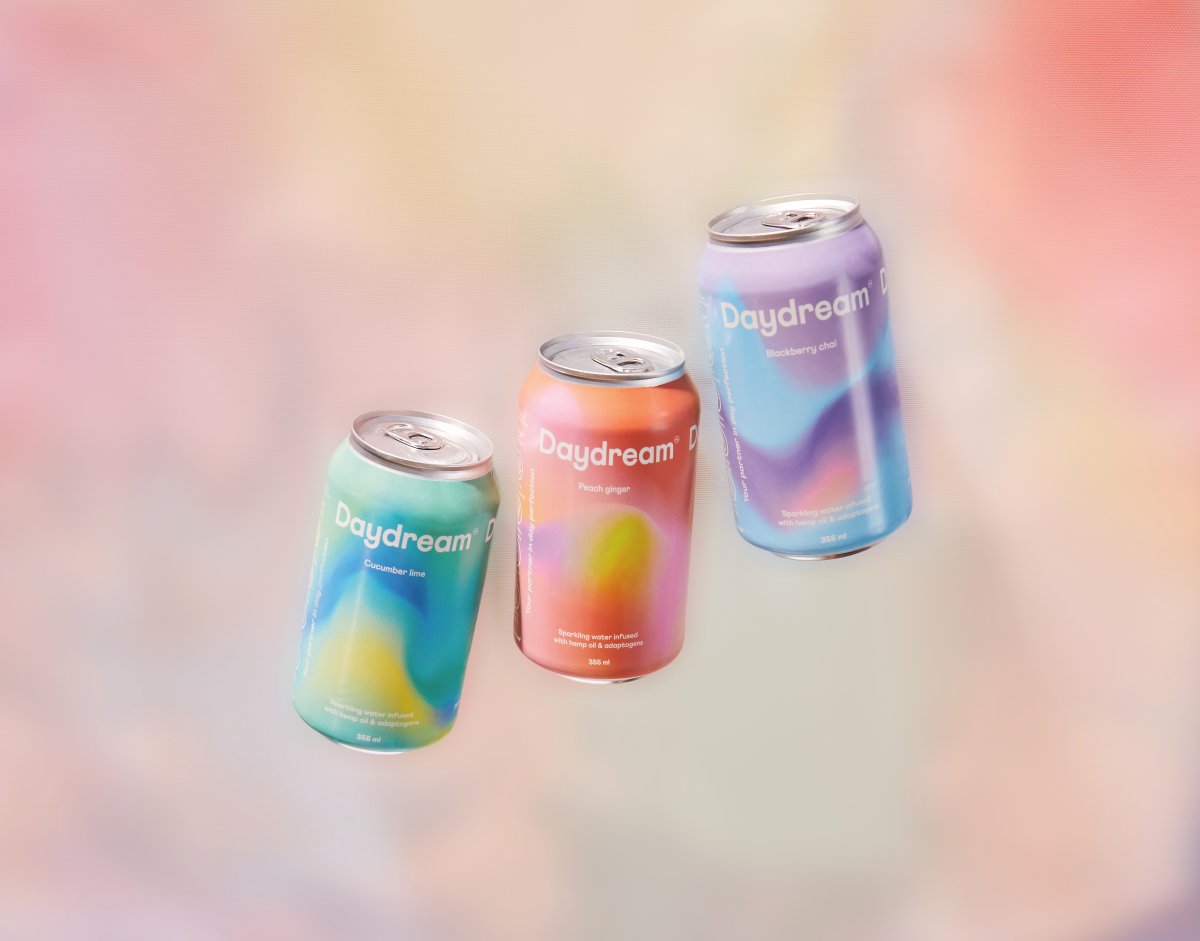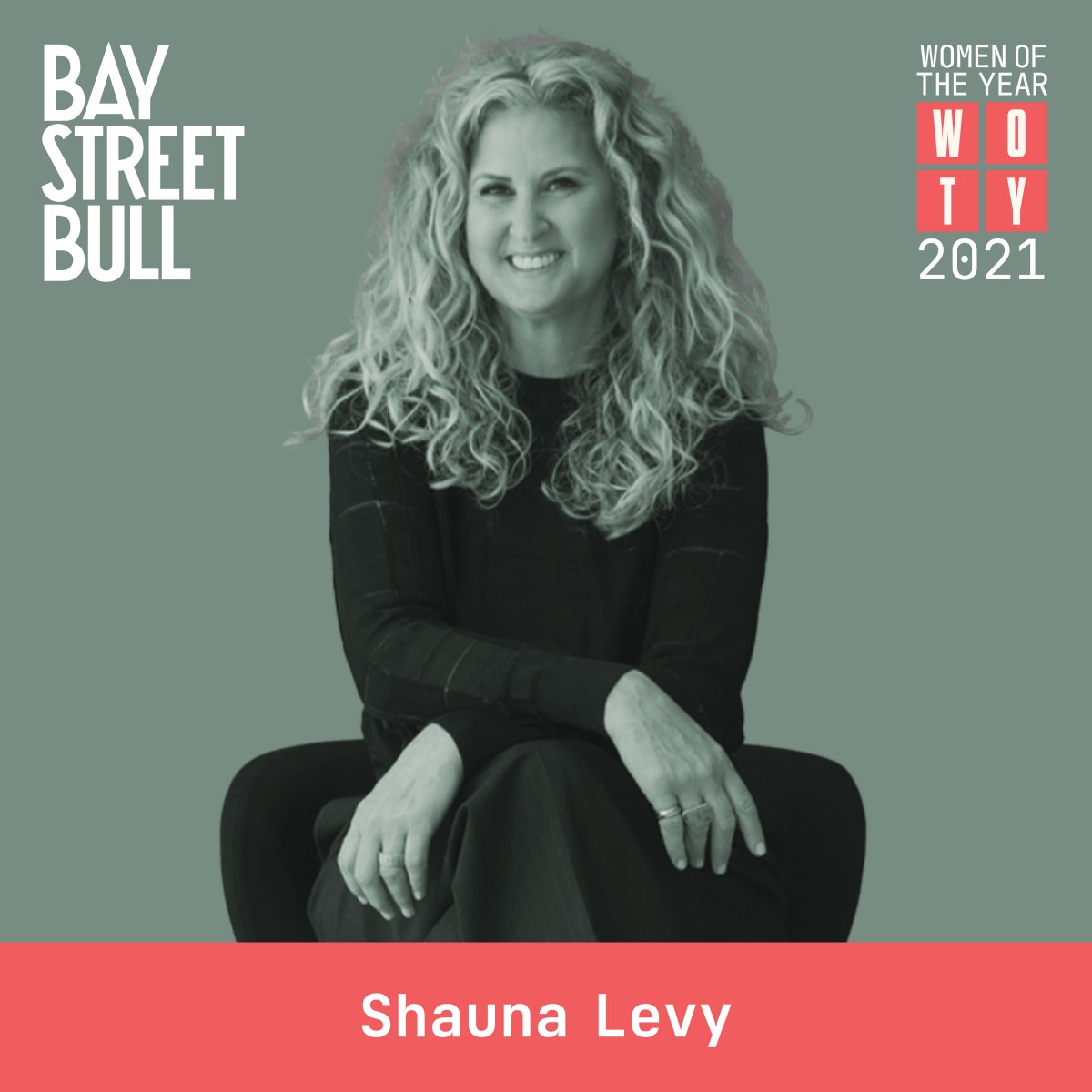The geniuses behind cinematic hits like Pineapple Express and Superbad, Seth Rogen and Evan Goldberg are building a values-first cannabis brand, one that is seemingly attracting the same cult-like following as their films. In 2019, the duo launched Houseplant in partnership with Canopy Growth Corp. and have since released a line of thoughtfully designed, cannabis products.
Houseplant’s initial cannabis product offerings included pre-rolled joints, soft gels, and flowers. Although, in early 2020 the brand expanded the category in a big way, specifically with beverages, introducing two cannabis-infused sparkling waters composed of natural flavours (Lemon or Grapefruit) and 2.5mg of sativa-dominant THC.


The beverages meet the growing demand for cannabis ingestibles and are piquing the interest of new consumers and health-conscious demographics who desire a different entry point to the substance as an alternative to smoking. The drinkable products also provide consumers with the look, taste, and feel of an alcoholic beverage—minus the calories and hangover.
Yet, beyond the eye-catching packaging, unique products, and Rogen’s signature laugh—Houseplant is leaning into deeper values. Since its beginnings, the company has addressed the social implications related to cannabis head-on. Rogen and Goldberg, to their credit, don’t shy away from their social responsibility as leaders in the cannabis industry.
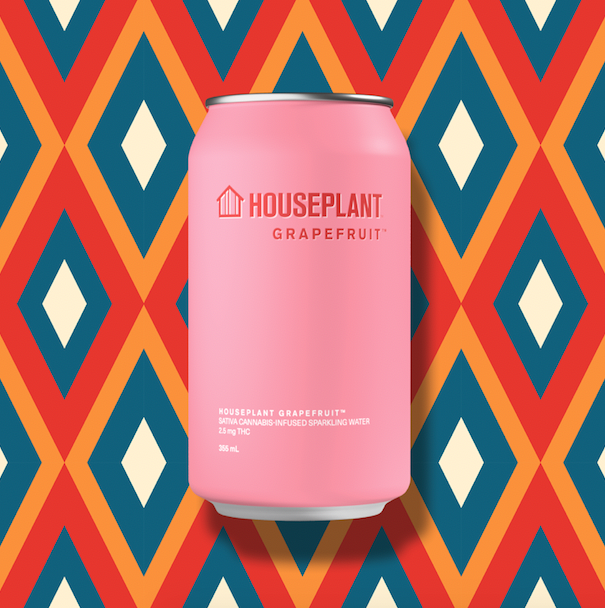

While Canada’s legalization of recreational cannabis use indicates progress, the work is far from over to rectify injustices faced by minority populations during cannabis prohibition. Historical and present injustices continue to cloud the industry.
“It’s important to us to acknowledge that weed should have never been illegal in the first place. It was only made illegal for racially motivated and racist reasons, to control minority populations. We cannot pretend we aren’t in an industry that has lived in that shadow for a long time,” said Rogen.
Rogen effectively uses his platform to drive awareness to the social issues that intersect with cannabis and encourages meaningful dialogue. While, some may want to avoid the less glamorous side of the industry—Houseplant is a shining example of building a successful brand in tandem with recognizing and taking steps towards reparations for those unjustly affected.
The criminalization of cannabis possession has disproportionately affected Black, Indigenous, and People of Colour (BIPOC), with these populations being substantially overrepresented in cannabis possession arrests.
As a vocal proponent of the expungement of menial cannabis offences and restorative justice, Rogen and Goldberg have made advocacy a core part of the Houseplant brand by supporting several organizations working towards cannabis policy reform in the United States along with the Cannabis Amnesty organization in Canada.
Within their day-to-day operations, the brand is also levelling out the playing field by sourcing from a diverse talent pool, seeing the value in building a team with unique thoughts, experiences, and points of view.


Rogen and Goldberg are acutely aware of the imbalances of the industry, choosing to create a brand that is part of the solution. Houseplant is carving out space on their team for women and people of colour including those with cannabis-related minor offences.
“Our executive team at Houseplant is 50 percent female and our Canadian team is all female and 50 percent multicultural,” said Haneen Davies, Chief Commercial Officer at Houseplant.
A recent policy review of Canada’s legal cannabis industry penned by The Centre on Drug Policy Evaluation (CDPE) and the University of Toronto paints a dire picture, showcasing further disparities that exist within the cannabis industry at a leadership level.
Notably, the review found that cannabis board rooms are brimming with white males filling c-suite executive roles. Specifically, 84 percent of cannabis industry leaders were white and 16 percent were non-white. The report also went on to highlight gender disparities citing that 86 percent of cannabis leaders were men and just 14 percent were women.
Houseplant’s values extend to the brand’s supply chain partners which they prioritize based on alignment with their values. The Houseplant team doesn’t just hold themselves to this standard, but also expects those they do business with to share in their mission in a real way. Believing that if more companies embrace this perspective, they can hold each other accountable to make change on a massive scale.
There is a wealth of knowledge to learn from Rogen, Goldberg, and the Houseplant team as they work to proactively change the cannabis industry from the inside-out. It’s evident through their social advocacy that Houseplant is embracing their role as changemakers in the industry and meeting the moment in more ways than one.
